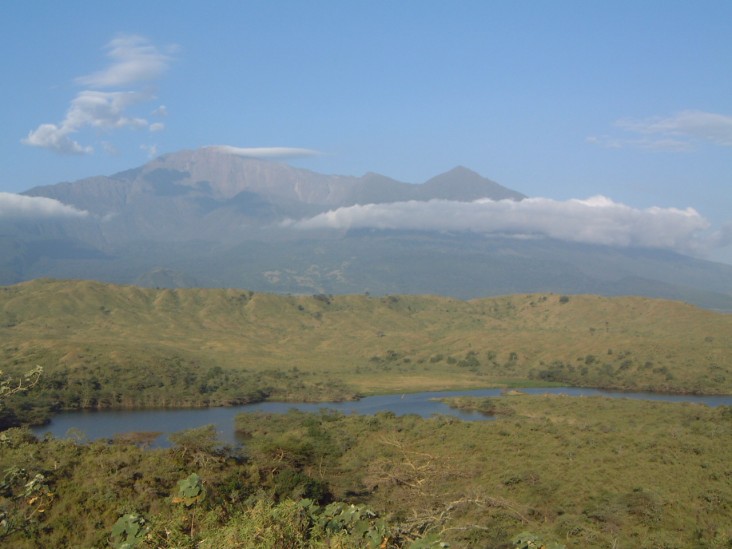- What We Do
- Agriculture and Food Security
- Democracy, Human Rights and Governance
- Economic Growth and Trade
- Education
- Ending Extreme Poverty
- Environment and Global Climate Change
- Gender Equality and Women's Empowerment
- Global Health
- Water and Sanitation
- Water and Development Strategy
- Advancing Water Supply, Sanitation and Hygiene
- Urban Sanitation
- Promoting Water Productivity and Efficiency
- Investing in Water and Natural Resources Management
- Enhancing Water and Disaster Risk Reduction
- Learning and Sharing in the Water Sector
- From The Field
- World Water Day
- Working in Crises and Conflict
- U.S. Global Development Lab

Water is a vital resource not just for humans, but also for a variety of aquatic ecosystems, including wetlands, watersheds, rivers, estuaries and coastal areas. These critical habitats supply surrounding communities with a variety of valuable goods and services, such as:
- Moderating floods and droughts
- Filtering water-borne contaminants
- Sustaining forests and living creatures
- Forming the foundation of dry land, coastal and aquatic food chains
The misuse and over-exploitation of water resources is hastening their degradation, and threatening human settlements and the natural resources they depend on.
USAID’s efforts in water resources management focus on sustaining watersheds and aquatic ecosystem services as the foundation for sustainable development. The Agency explores opportunities to restore and protect natural systems while using science to inform decision-making and helping to strengthen governance frameworks.
USAID activities in water-related natural resources management include:
- In Haiti, USAID’s Economic Development for a Sustainable Environment (DEED) project worked to improve the livelihoods of watershed inhabitants while promoting sustainable natural resource management. As of June 2012, over 16,000 households were involved in DEED-supported initiatives in improved farm practices and small agriculture enterprise development in two watersheds.
- In Southeast Asia, USAID helped the six countries involved in the Coral Triangle Initiative to sustain the enormous natural wealth of their region through improved management of marine protected areas, strengthened capacity to adapt to climate change and incorporating an ecosystem approach to fisheries management.







Comment
Make a general inquiry or suggest an improvement.